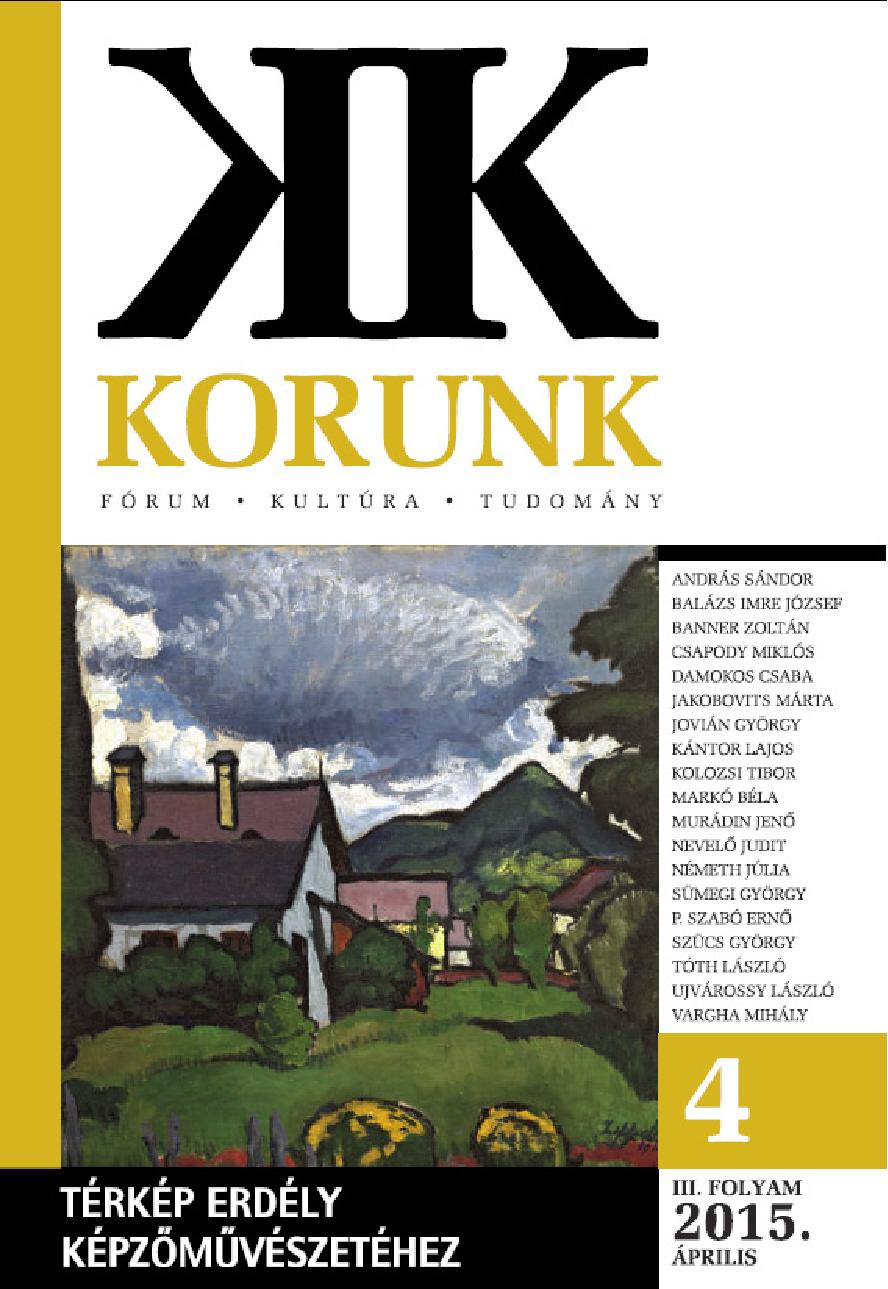
We kindly inform you that, as long as the subject affiliation of our 300.000+ articles is in progress, you might get unsufficient or no results on your third level or second level search. In this case, please broaden your search criteria.

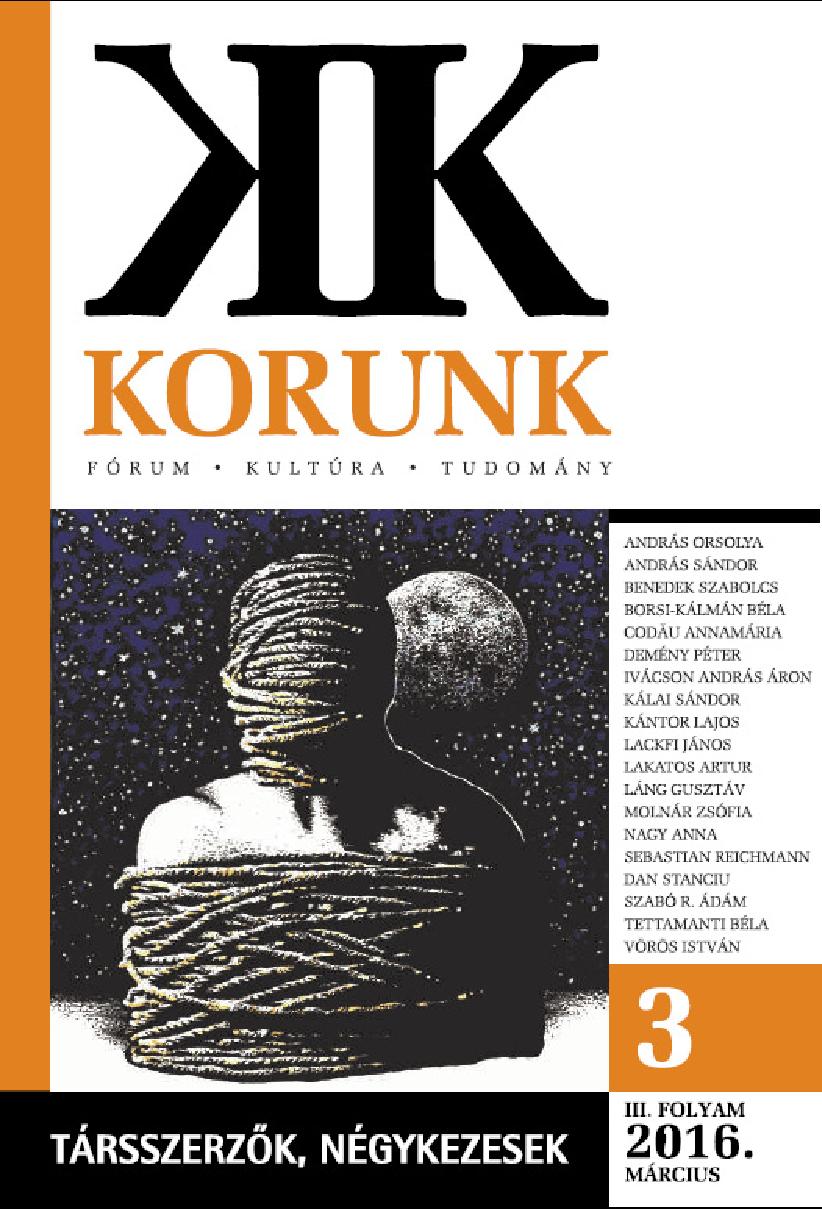
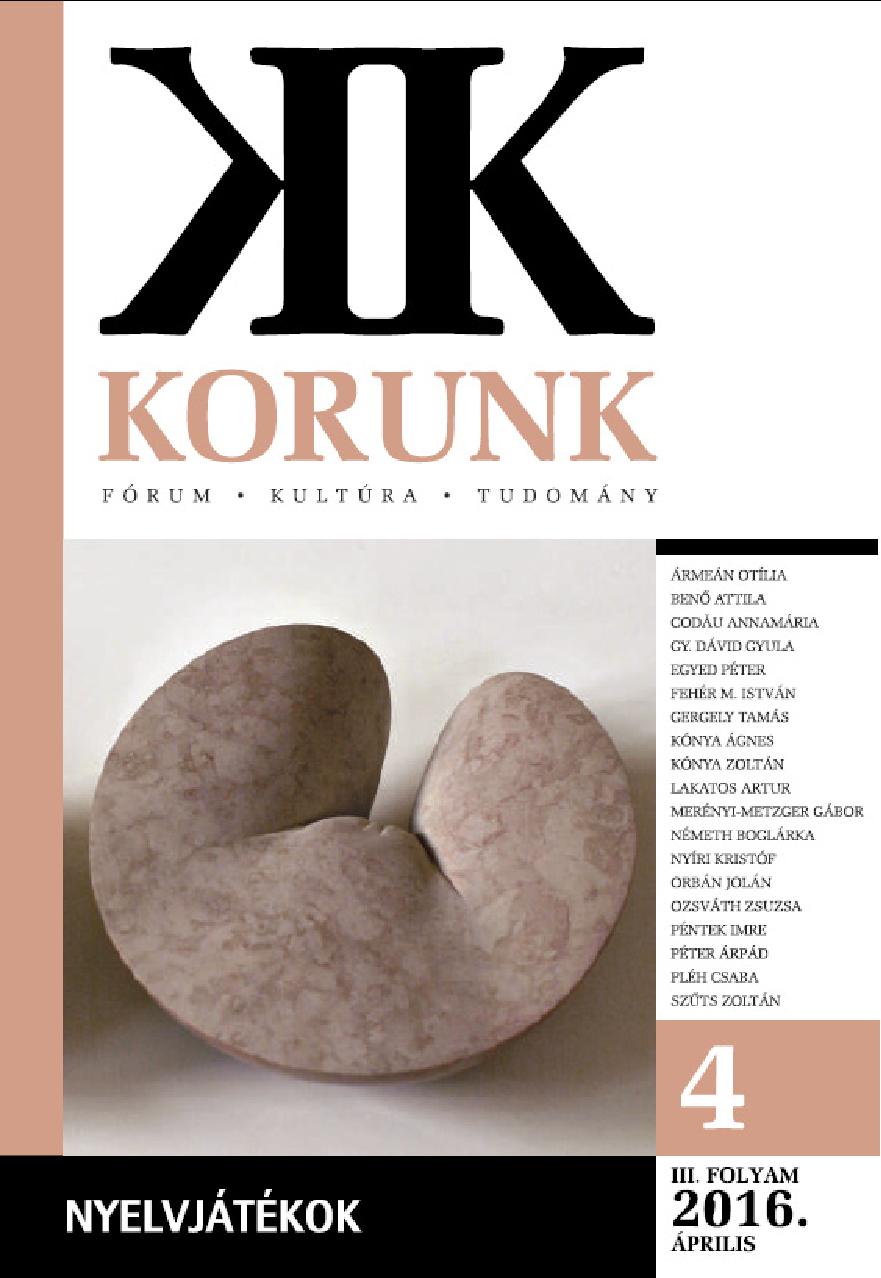


The adjective “conservative” in the subtitle of this paper is intended to carry a double meaning. First, it indicates that my approach within the philosophy of language is entirely old-fashioned: I do not take language to be as it were a boundless game, and certainly not to be formative of reality, but rather to be a depiction of the latter. Secondly, I believe that my views on how language relates to reality have implications, also, in social philosophy: they imply the soundness of some kind of a conservative world-view.The paper is divided into four sections.In the first one, “Wittgenstein as a philosopher of common sense”, I argue that while the later Wittgenstein is widely held to be a relativist, indeed a constructivist, he was, all appearances to the contrary, a realist, a fact becoming almost conspicuous in his late-1940s manuscripts. The second section, “The visual origins of language”, takes up a theory that originated with Plato’s Cratylus and has since again and again surfaced. In the third section of the paper, “Depiction and reality”, I argue that our knowledge of the external world, based on what our senses, in particular our eyes, tell us, is reliable knowledge. The concluding section of the paper, “Language use and the conservation of knowledge”, puts forward a new explication of conservatism. I suggest that what conservatism in any historical age primarily strives to conserve is the knowledge required to preserve the survival chances of future generations. Such knowledge relies on an inherited stock of words, and to a great extent consists of mental and physical images, themselves resistant to change.
More...
Richard Rorty and Stanley Cavell were among the first to discover the importance of reading together and not against each other the texts of Wittgenstein and Derrida. Following their suggestion, my study focuses on four topics: (1) Recontextualizing the constructive and deconstructive readings of Wittgenstein and Derrida, I would like to argue that there is an outstanding interest for their philosophy from the seventies until the present time. (2) This interest has to do with their understanding of philosophy as deconstructive activity. The word deconstruction is Derrida’s invention but (3) deconstruction as Tätigkeit, Zerzettelung, Zerlegung is at work in Wittgenstein’s philosophy as well. (4) The game plays an important role for both philosophers. Wittgenstein introduces the concept of language-games as forms of life. Derrida suggests that there is a double game: a well-founded one, which follows the prescribed rules, and a game without any security, in which we makeup the rules. (5) Reading and interpreting philosophical and literary texts means entering in the double game.
More...
The paper shows a dual inspiration of Wittgenstein in the context contemporary cognitive science and psychology. The radical reading of Wittgenstein suggests that no psychology is possible which assumes a hidden inner mental life. That would question most of present day cognitive psychology. The other reading of Wittgenstein shows him as a proponent of a need for a clear conceptual analysis of psychological notions and an interpretation of mental life in the framework of an analysis of how we talk about the mind. This later attitude has become a basic inspiration for present day representational theories of the mind that entertain an image in which the mind itself has a logical organization, with propositions and propositional attitudes within it. Modern cognitive science has in a way reversed the antipsychologist stance of Frege, shared by Wittgenstein, and smuggled propositions into the mind. This is accompanied by several features that challenge some key ideas of Wittgenstein. Contemporarycognitive studies do allow for inner,hidden representations and for theirevidences in observable behaviour, as instudies using eye movement and reactiontime measures to study the inner mind.
More...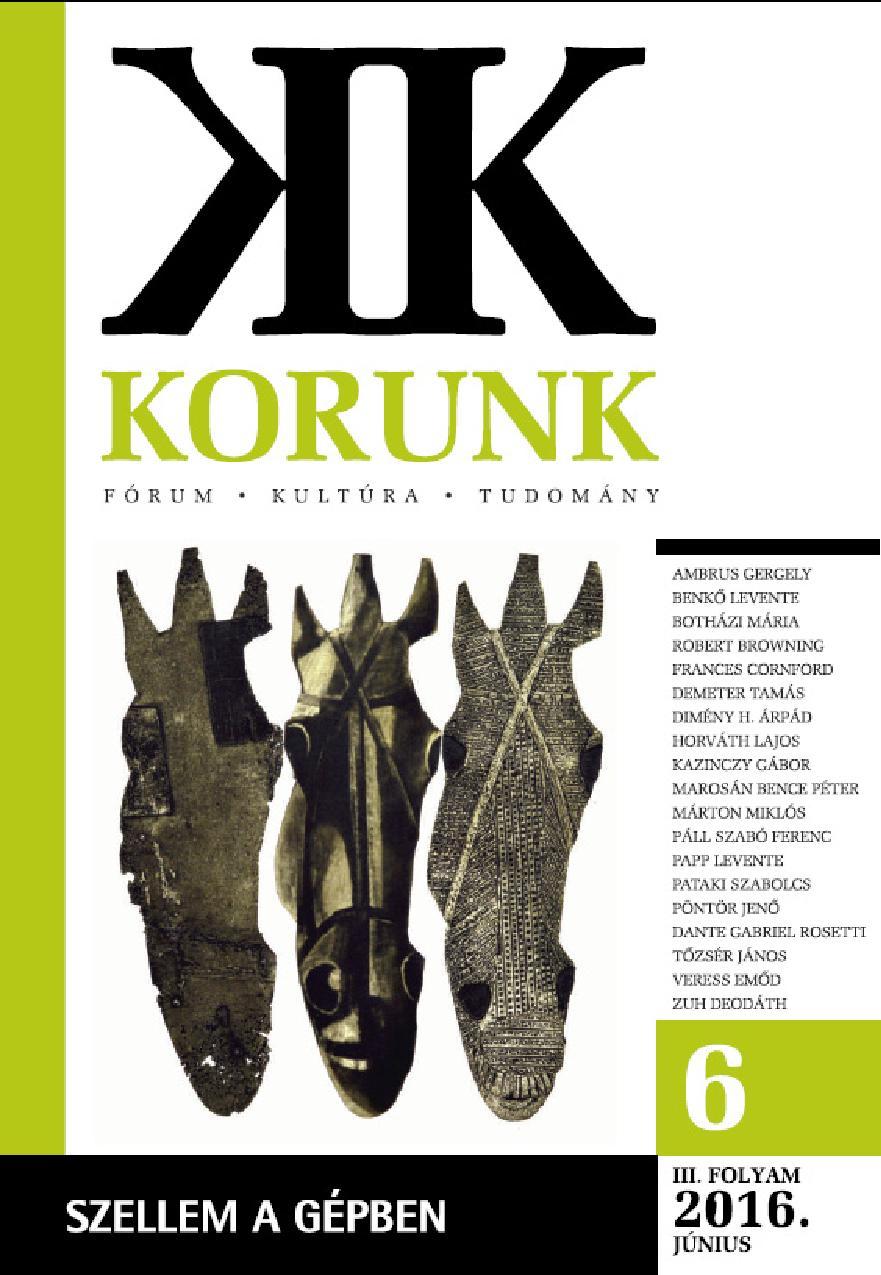
The paper addresses Ryle’s famous critique of Cartesian theories of mind, according to which the mind is a “ghost in a machine”, and mental processes are to be understood as “para-mechanical”, and investigates whether and to what extent this characterization may also be accurate for later accounts of mental phenomena in analytical philosophy. It presents a large-scale overview of the development of analytical philosophy of mind from the mid-20th century until today, including diverse versions of materalism (reductive and non-reductive), functionalism and the cognitivist paradigm, the so-called separationist view of the mind and its criticism based on representationalism about phenomenal content, phenomenal intentionality and cognitive phenomenology, and also the latest alternatives to classical cognitivism, i.e. the socalled 4e approaches (embodied, extended, enacted and embedded theories of mind). The paper considers in some detail whether these accounts may be charged with (still) presenting the mind as being a ghostin the material world, and argues thatin different ways and to a different extent this characterization is still applicable, by showing that the first personal aspects of the mind and mental phenomena cannot be easily explained or explained away, neither by the classical naturalist theories, nor by their new alternatives. Hence, the conclusion is that the ghost is still with us, even if naturalized.
More...

n this study I give a very brief overview of the general theory of functionalism and a particular interpretation of it, which is related to the views of David Chalmers. I consider some of the main objections to functionalism, and then I focus on one of them, namely the critique according to which functionalism leaves out from its account the subjective, qualitative, phenomenal side of the mind. Interestingly enough, Chalmers agrees on this point about this weakness of functionalism, although he still accepts it, thinking that, although this theory cannot be the whole story about the mind, it can quite successfully account for the so-called functional or psychological mind, which can be investigated independently of its phenomenal aspect.
More...
It was 50 years ago that David Lewis published his paper entitled “An Argument for Identity Theory”. His paper has been one of the most influential works in the area of the philosophy of mind. You can like it or not, but it is certain that Lewis’ paper determines the way of our thinking about the mind-body problem and the nature of consciousness. Our paper consists of three parts. In the first part,we outline the climate of philosophy of mind in the first half of 1960s. In the second one, we reconstruct the argument presented by Lewis. And finally, in the third part, we analyze the very effect of his paper on our contemporary notions of the mind.
More...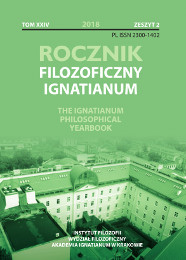


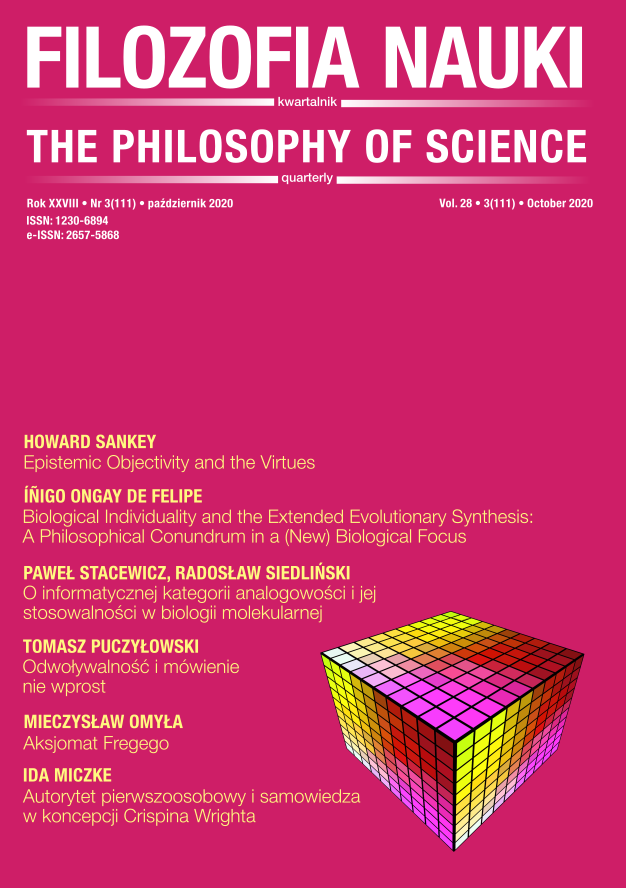
There has been much debate in evolutionary biology concerning the extension of some of the central tenets of the modern synthesis (MS). Due to recent developments in evolutionary developmental biology (Evo-Devo), epigenetics, phenotypic and developmental plasticity, niche construction and ecological inheritance, and animal traditions, an increasing array of leading evolutionary biologists, theoretical biologists, and philosophers of biology agree that the structure of the MS needs to be reconsidered. This paper reflects on the connection between this scientific debate and the notion of biological individuality. The paper proposes a discussion of two levels at which the concept of individuality intersects with the extended evolutionary synthesis (EES), as well as the tension between two roles for individuals in such an extended theoretical framework. First, taken at face value, many developments in evolutionary thinking point to an organismcentered view of evolutionary processes. Second, the concept of individuality appears to have been hugely modified in the history of evolutionary thought. Indeed, both multilevel selection theory and the framing of Darwinian individuality transitioning among levels in evolution entail an expansion of the notion of individuality. Such an extended notion leaves room for aggregations of (classical) organisms counting as evolutionary individuals while (allegedly proper) organisms may coherently be viewed as populations. It follows that while individuality has become increasingly relevant for the renewed view of evolution that the EES presents, the boundaries of the notion seem blurrier and more fluid than ever. The paper concludes with a call for pluralism with regard to individuals (and many other evolutionary concepts).
More...
The main aim of this paper is to justify the thesis that in molecular biology — in the scope of phenomena fundamental for the functioning of the cell — a significant role is played by analog (nondiscrete) information, which can be described in computational terms. It is a methodological thesis, indicating a certain direction of advancing new biological hypotheses. This aim is realized in two stages. In sections 1 and 2 we discuss the computer-science concept of analogicity, generally describing different concepts of analog-continuous and analog-empirical computations, as well as discussing the relationship between analogicity and digitality. In sections 3 and 4 we analyze some components of the process of protein formation, emphasizing that an adequate description of this process requires taking into account information of an analog nature, which, with a certain research attitude, can be described, but also used, computationally.
More...
The aim of this article is to defend the thesis that every conversational implication is cancellable. To this end, I propose a precising definition of cancellability and, based on an analysis of examples proposed by Bach (2006) and Carston (2002), introduce the category of indirectly saying that p. I stipulate that person X said indirectly that p iff (i) X did not say (directly) that p, (ii) from what X said and the analytical truths of the language, it follows that p, and (iii) X meant that p. I definecancellability as follows: if the use of sentence S in context C implies proposition P then P is a cancellable part of this act iff there is a sentence S* and a context C* such that (i) S is a proper part of S*, (ii) S follows from S*, and (iii) P is not implied by S* in C*, but assertion of S* is admissible in C*.
More...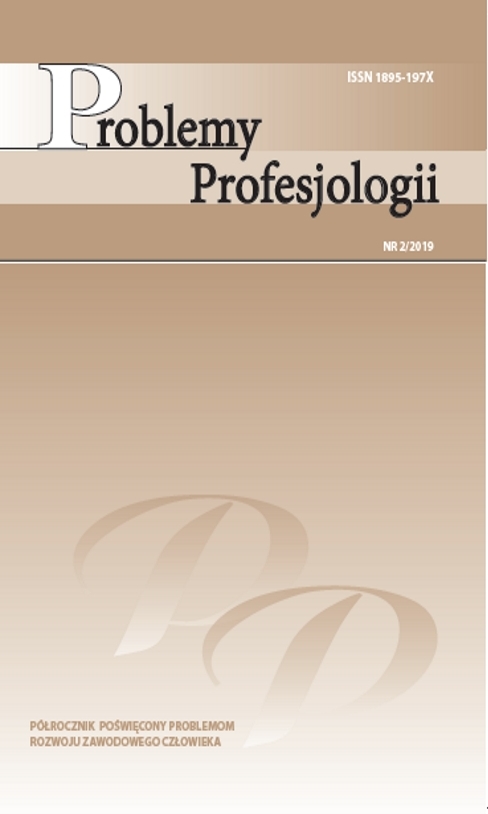
The article describes the main aspects of the Open Access, the requirements of Open Science and concept of openness policy. It discusses documents and initiatives which support open science both in the Poland as in the world. The main intention of this publication is to present the objectives and assumptions of Plan S and open data researches issues. The article also presents the advantages of better availability of such research data, among others: the optimization of research costs through deduplication, research efficiency and visibility increase which influence the impact factor and citation number of publications.
More...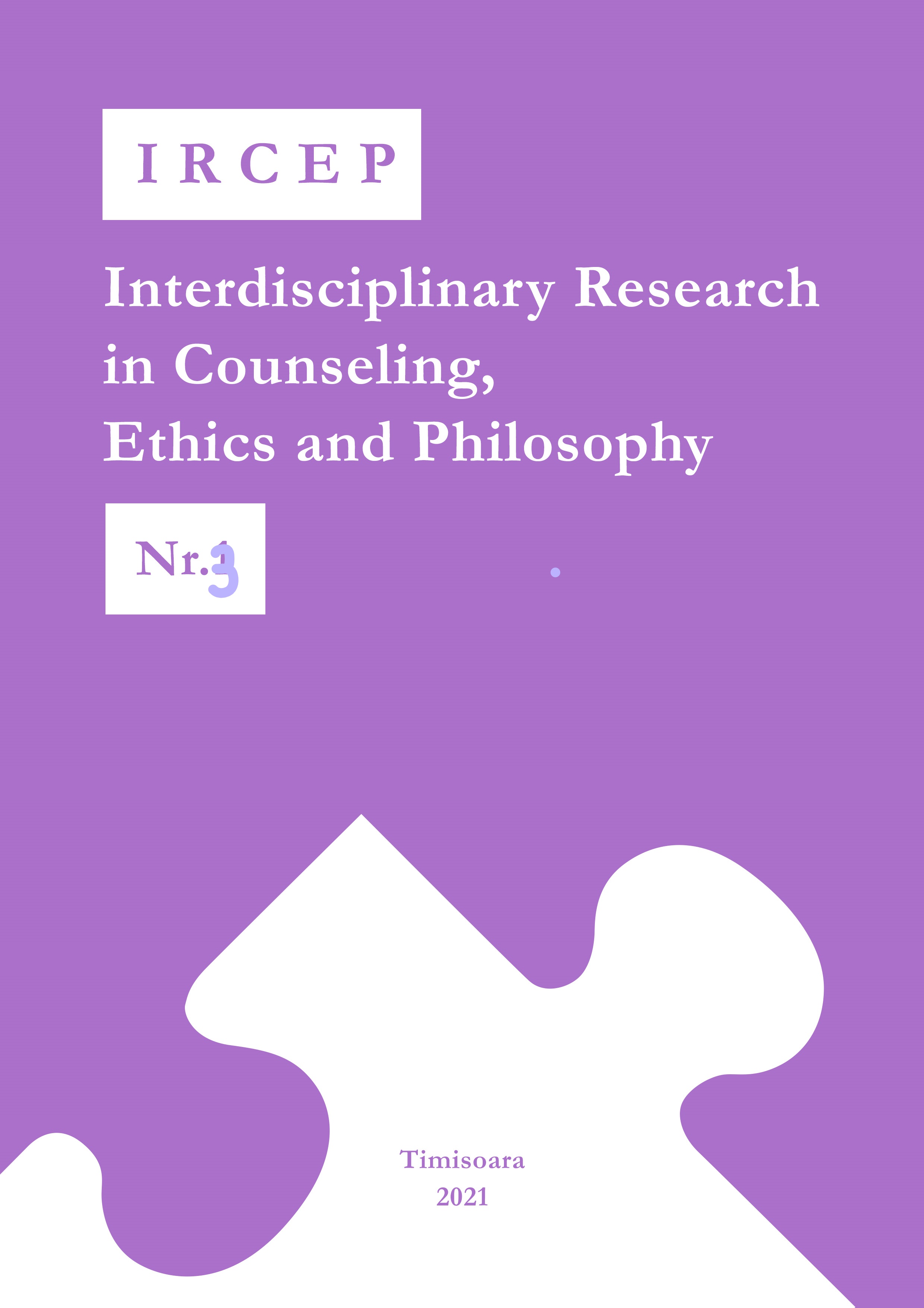
Is it imperative to travel to Poland to understand what happened during the Holocaust? Don’t these journeys inspire participants with strong nationalist feelings at the expense of more universal values of tolerance and humanity? In other words, don’t these expeditions sometimes become a lever for cultivating pure nationalism, precisely due to the heightened “Avenging Victim” self-awareness emanating from the emotional experience? Acknowledging this strong current of opinion and without ignoring these genuine risks, the article argues in favor of the necessity of these educational journeys, deeming that when it comes to preserving the memory of the Holocaust and its lessons to the younger generation, there is no substitute for visiting the places where the Holocaust occurred, for the impression that such a visit leaves on the participants, and for the enhancement of knowledge and understanding of the subject. Further, it expresses hope that philosophy for children can bring a most welcome thinking skills-based support to this latter view.
More...
With a pastiche title reminiscent of novelist Javier Marias’s Tomorrow in the Battle Think on Me, this article sets out to compare two extremes of “identity, difference and memory”: Western trans-humanism and Australian Aboriginal Dreaming. The main assumption is that the two have drawn on surprisingly similar concepts(immortality/eternity, universality/ubiquity), and yet their approach to the individual and to self-management sets them wide apart. While avoiding idealising either of them, the article does plead for a “return of knowledge” from the formerly colonial space to the formerly colonising world.
More...